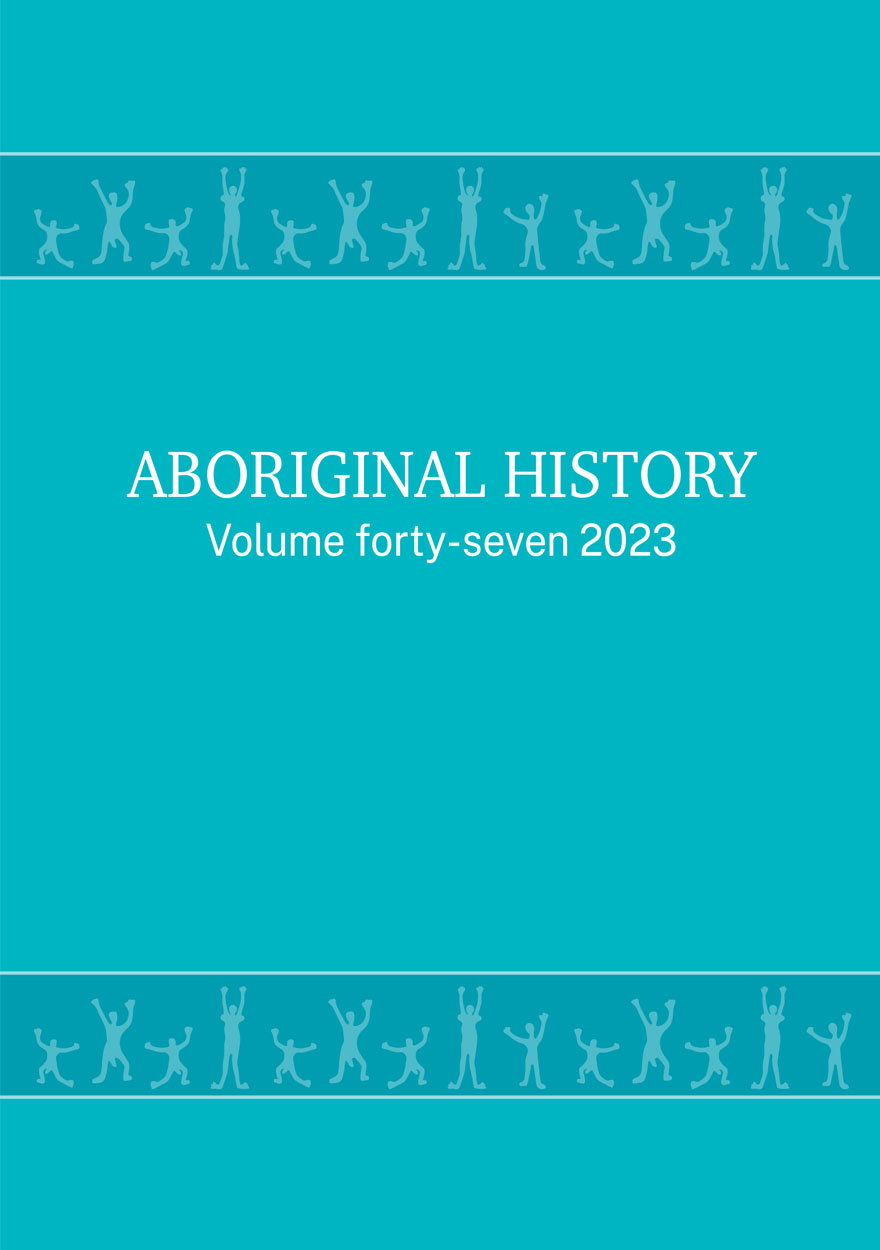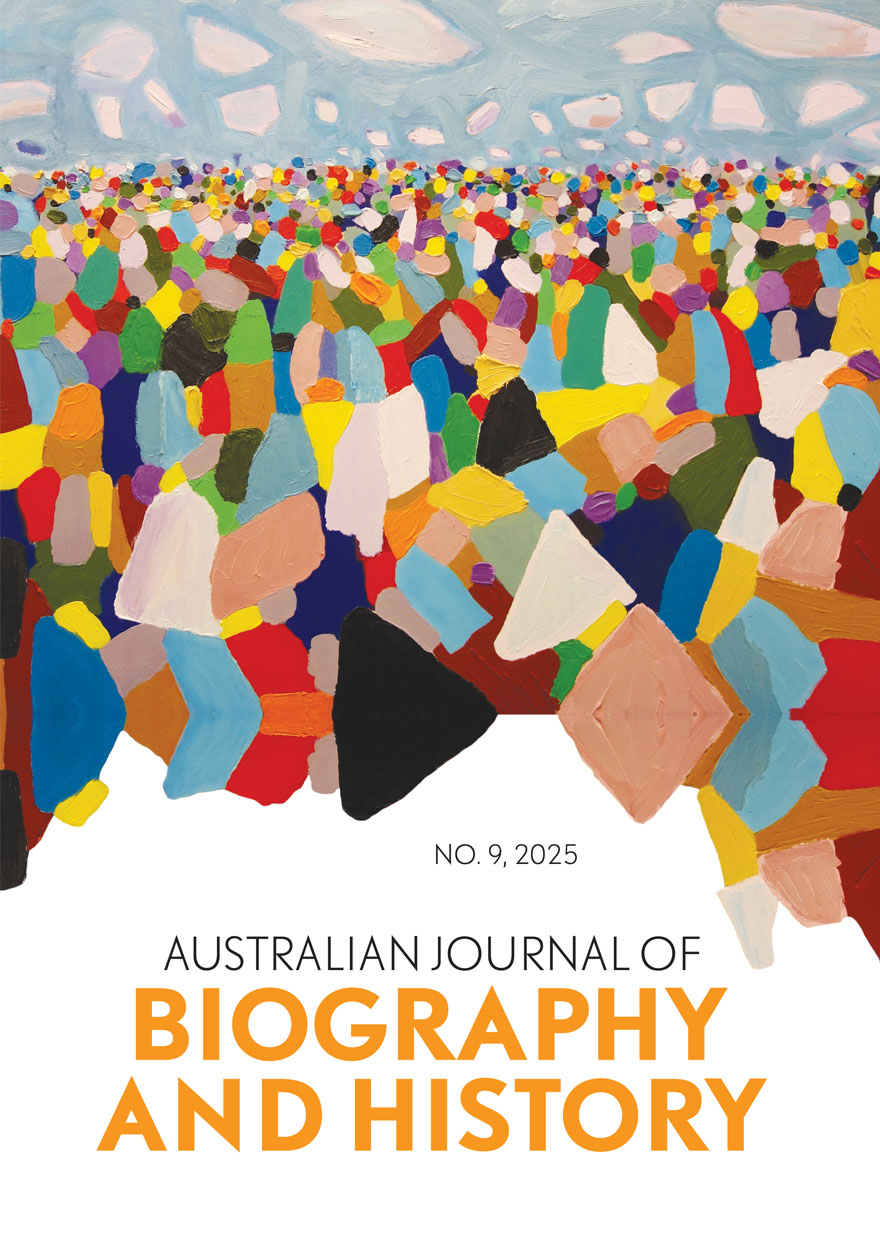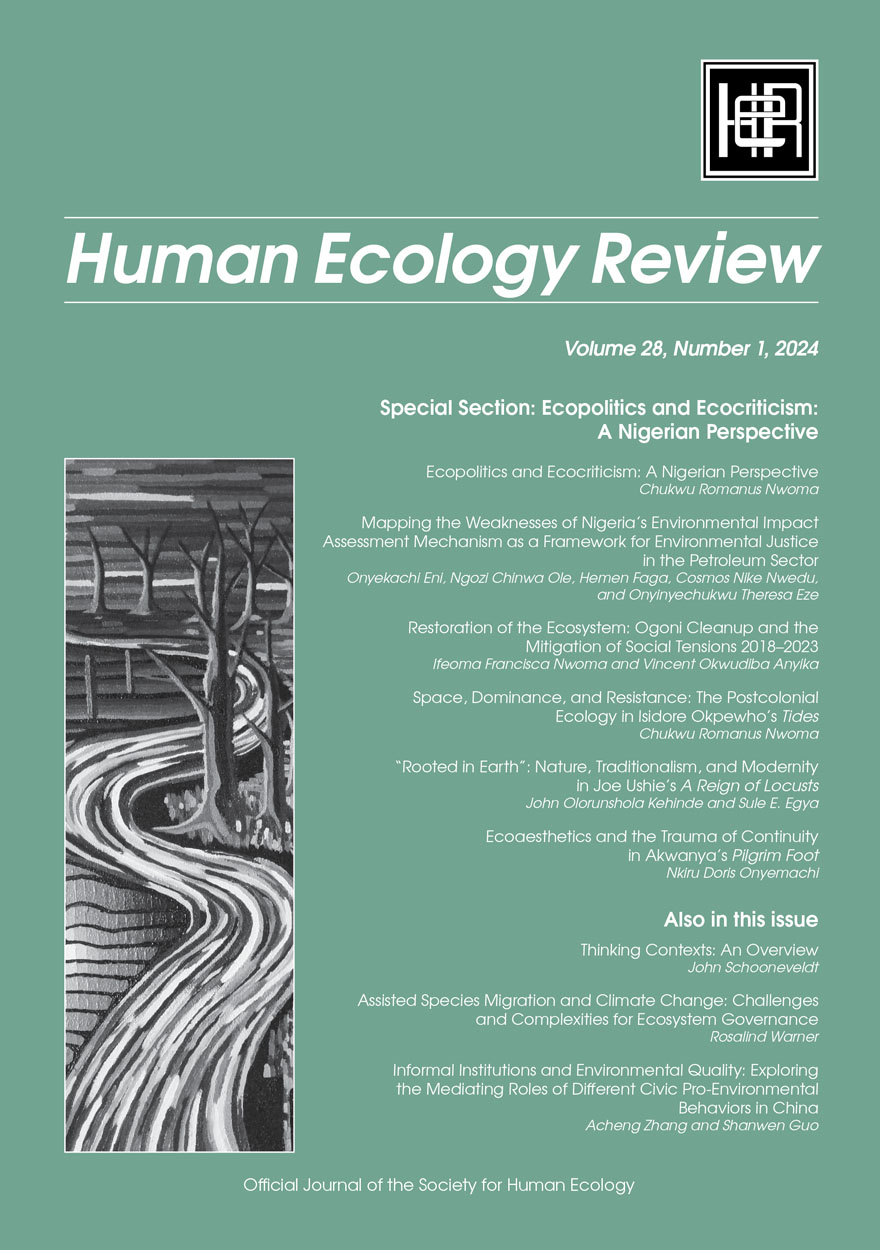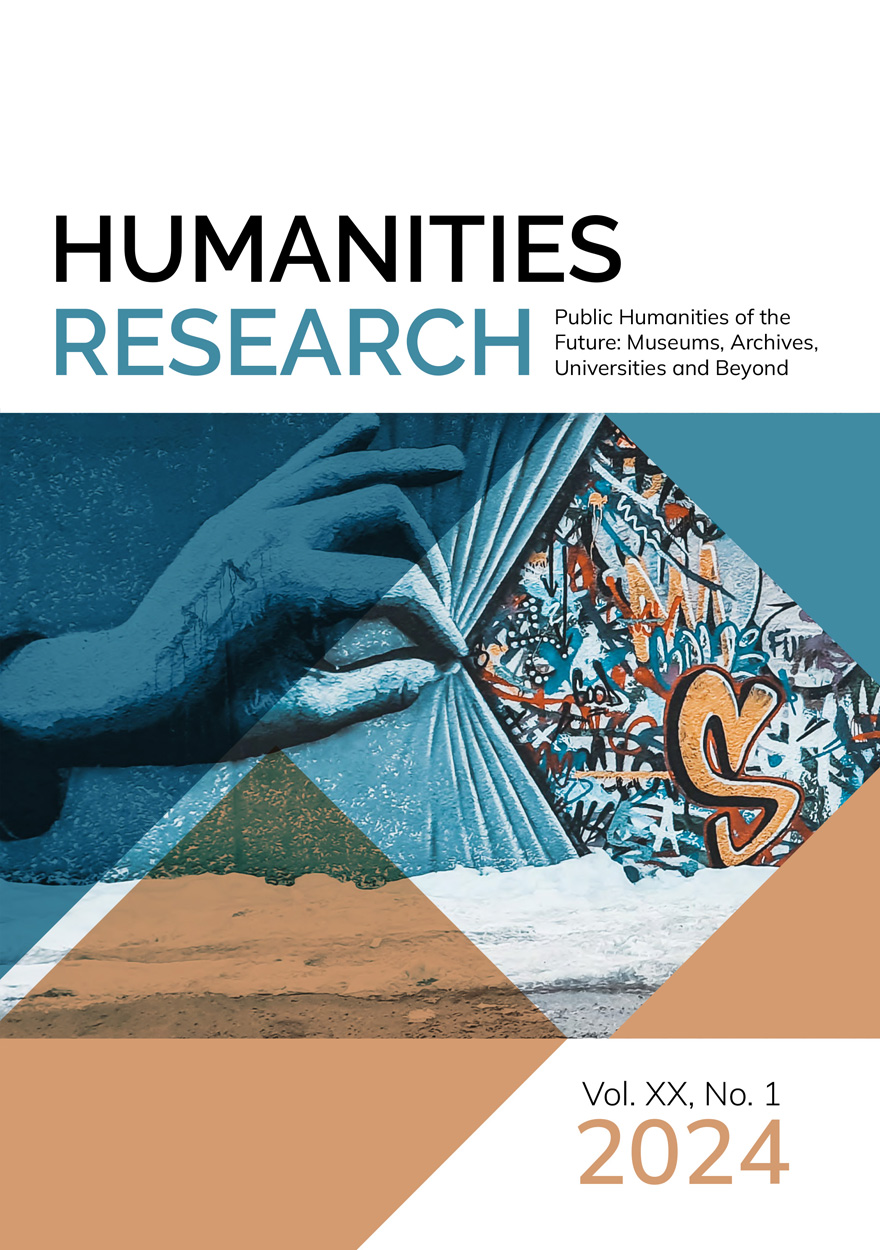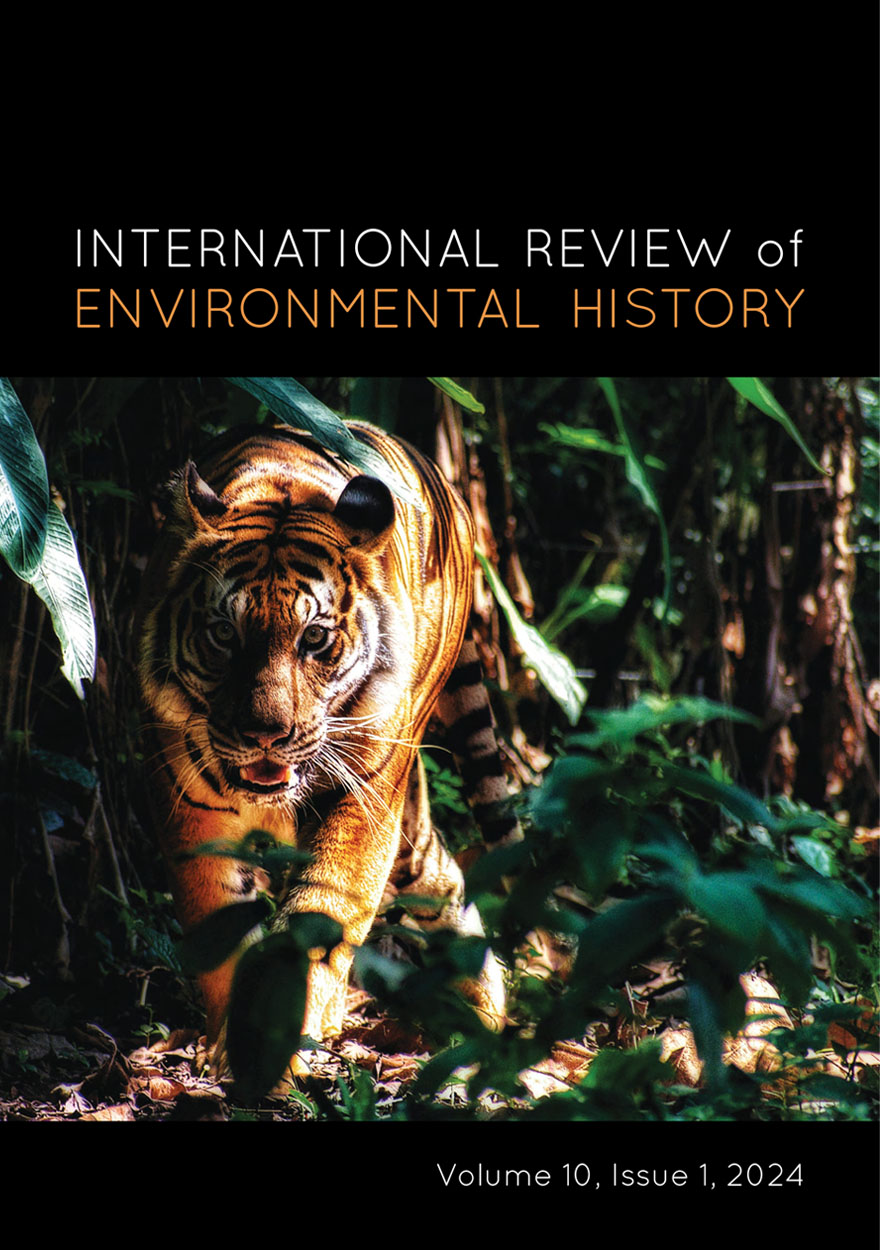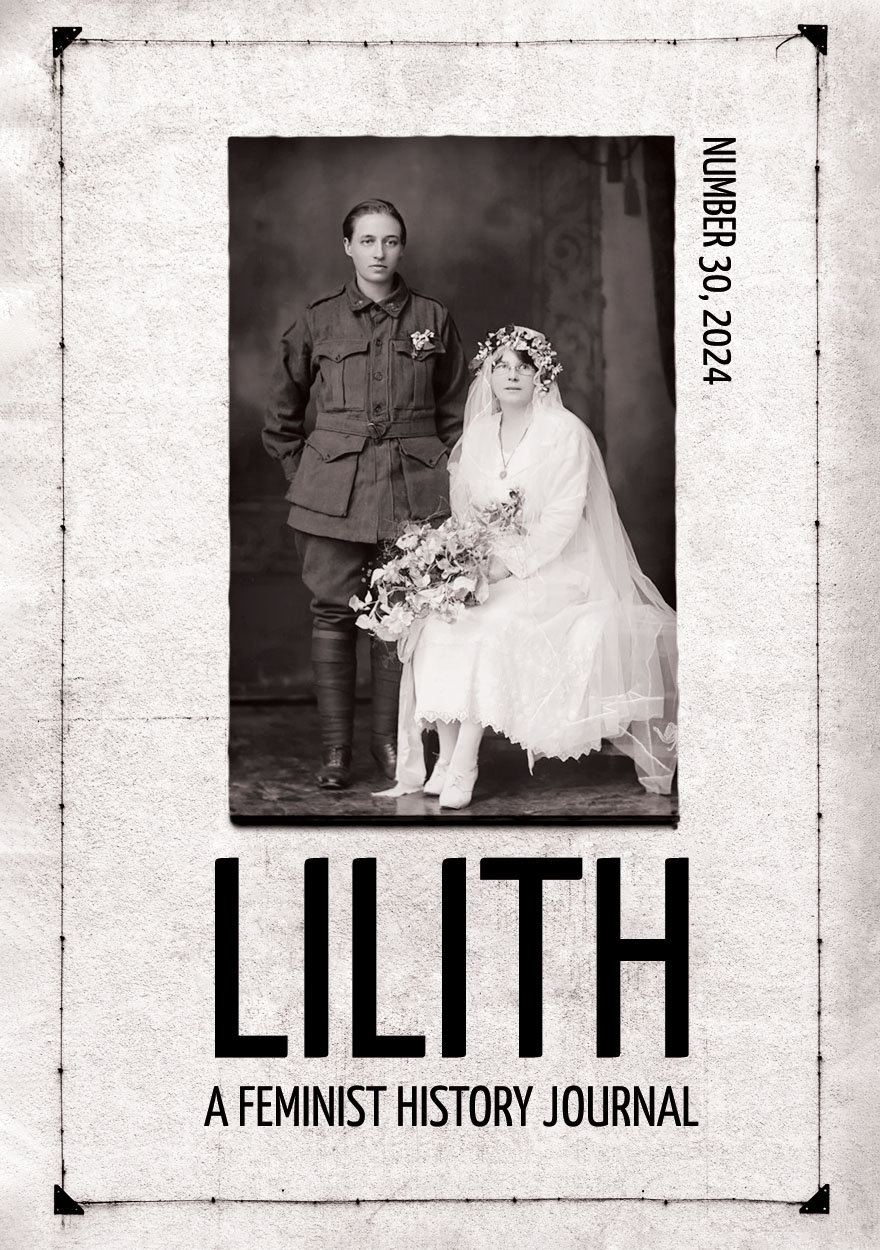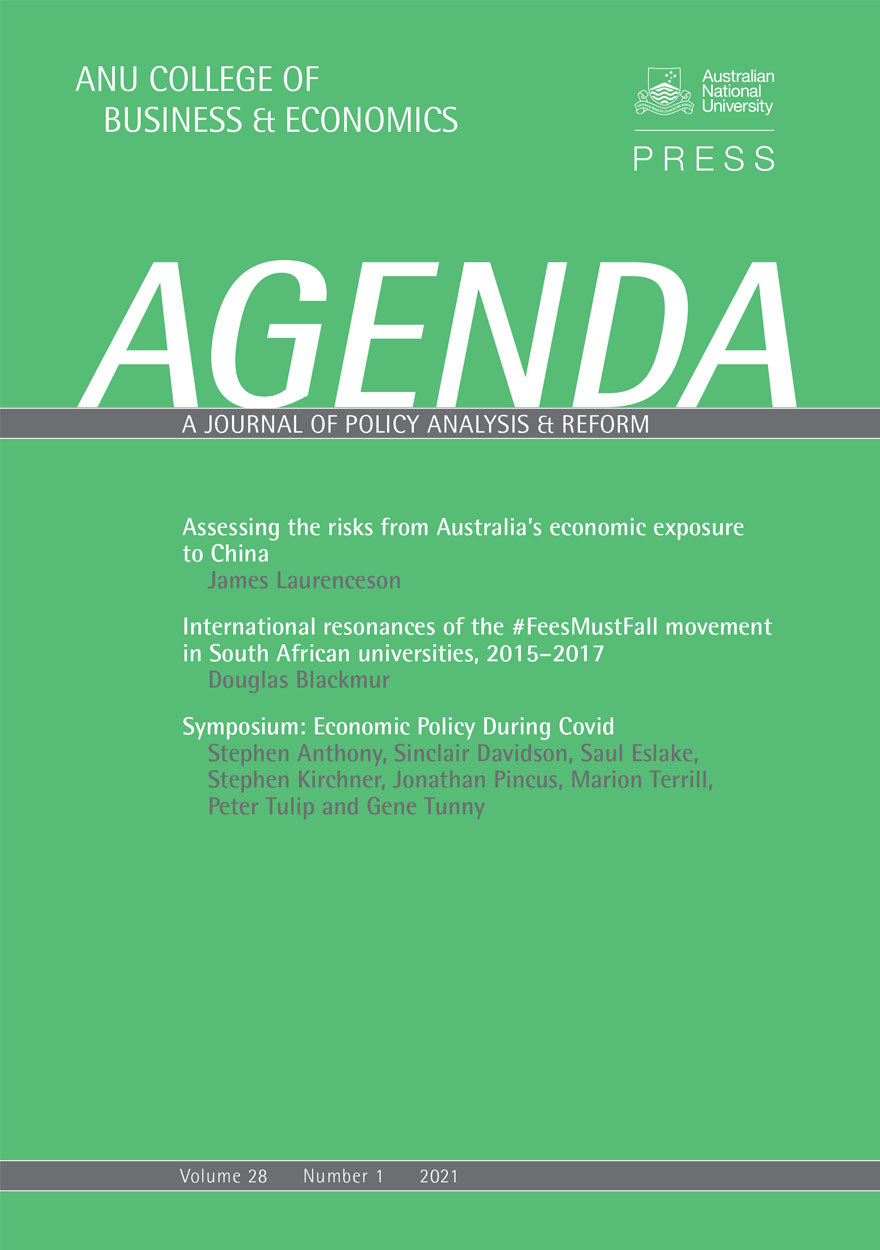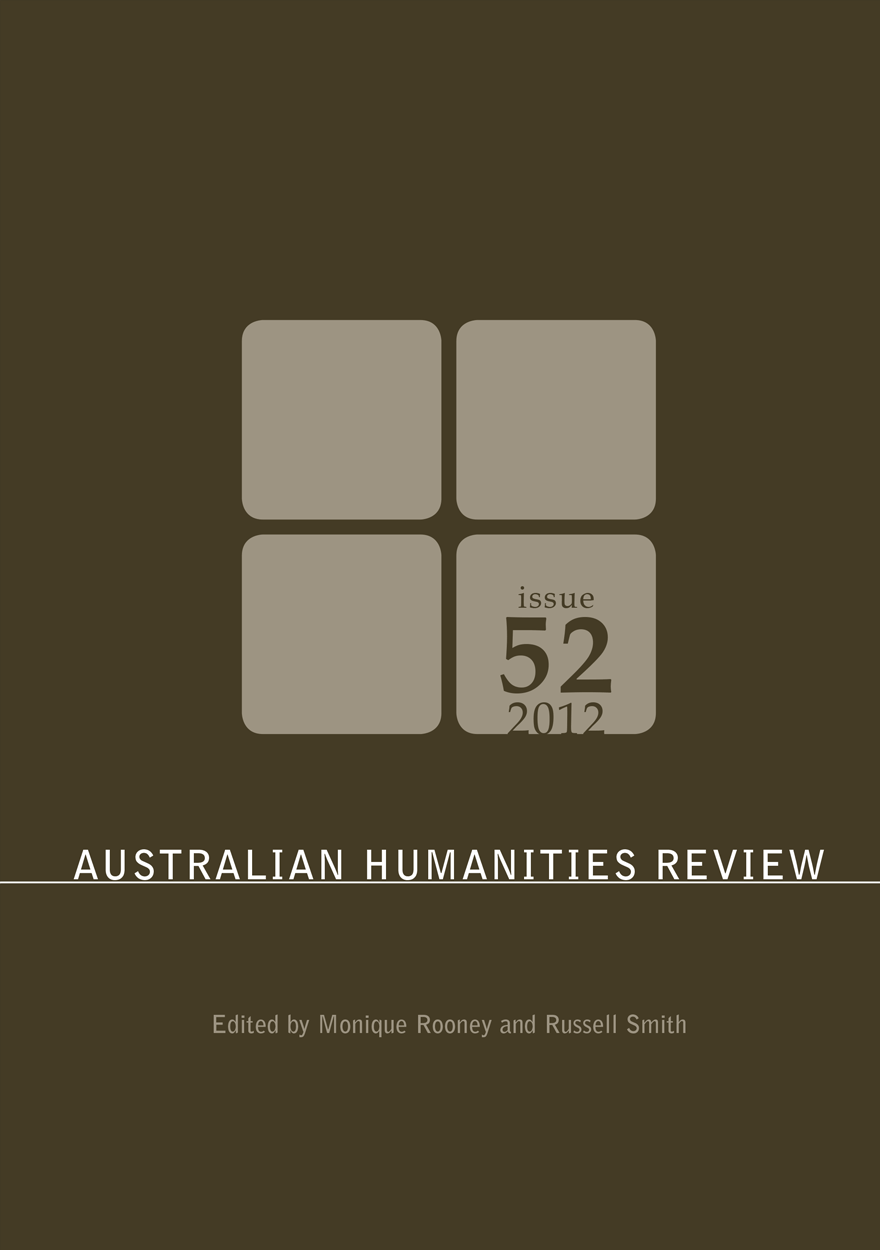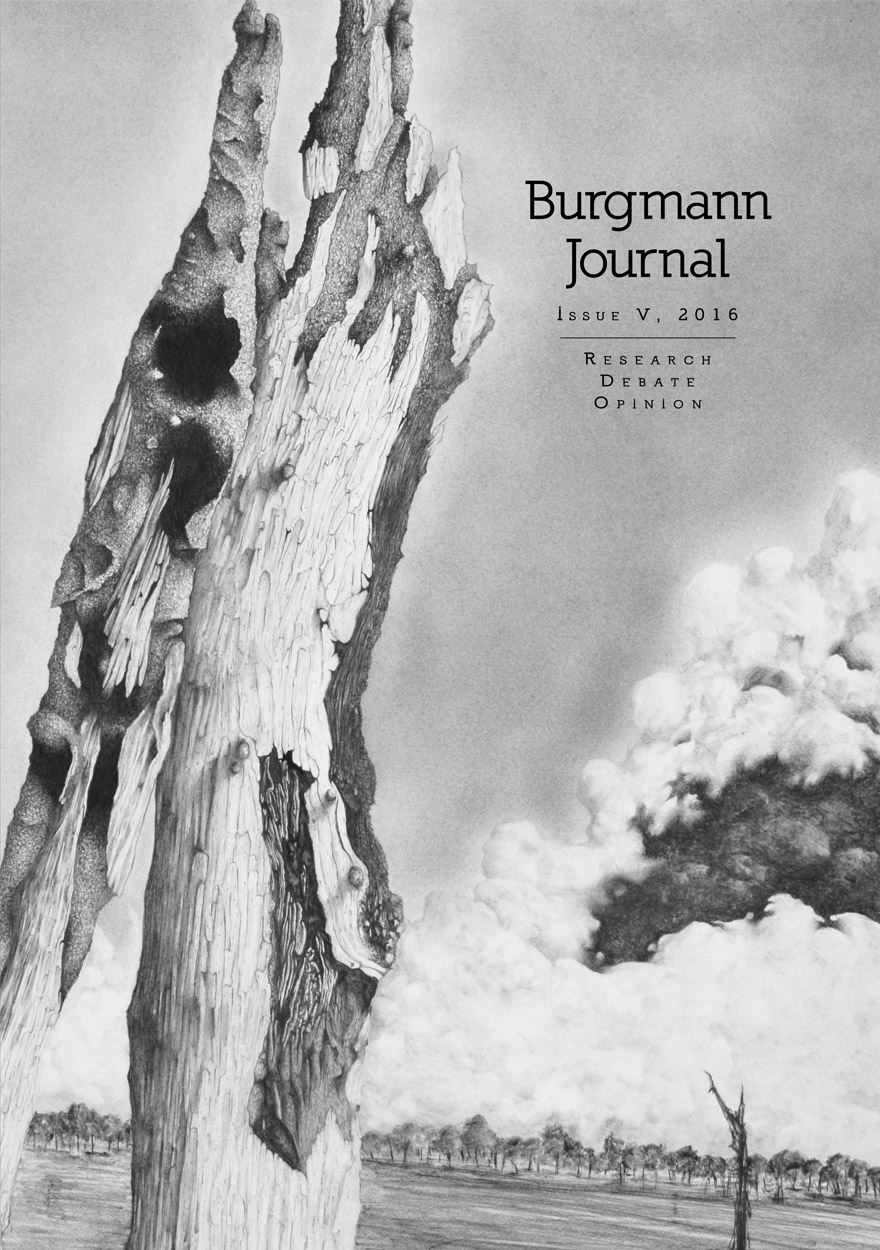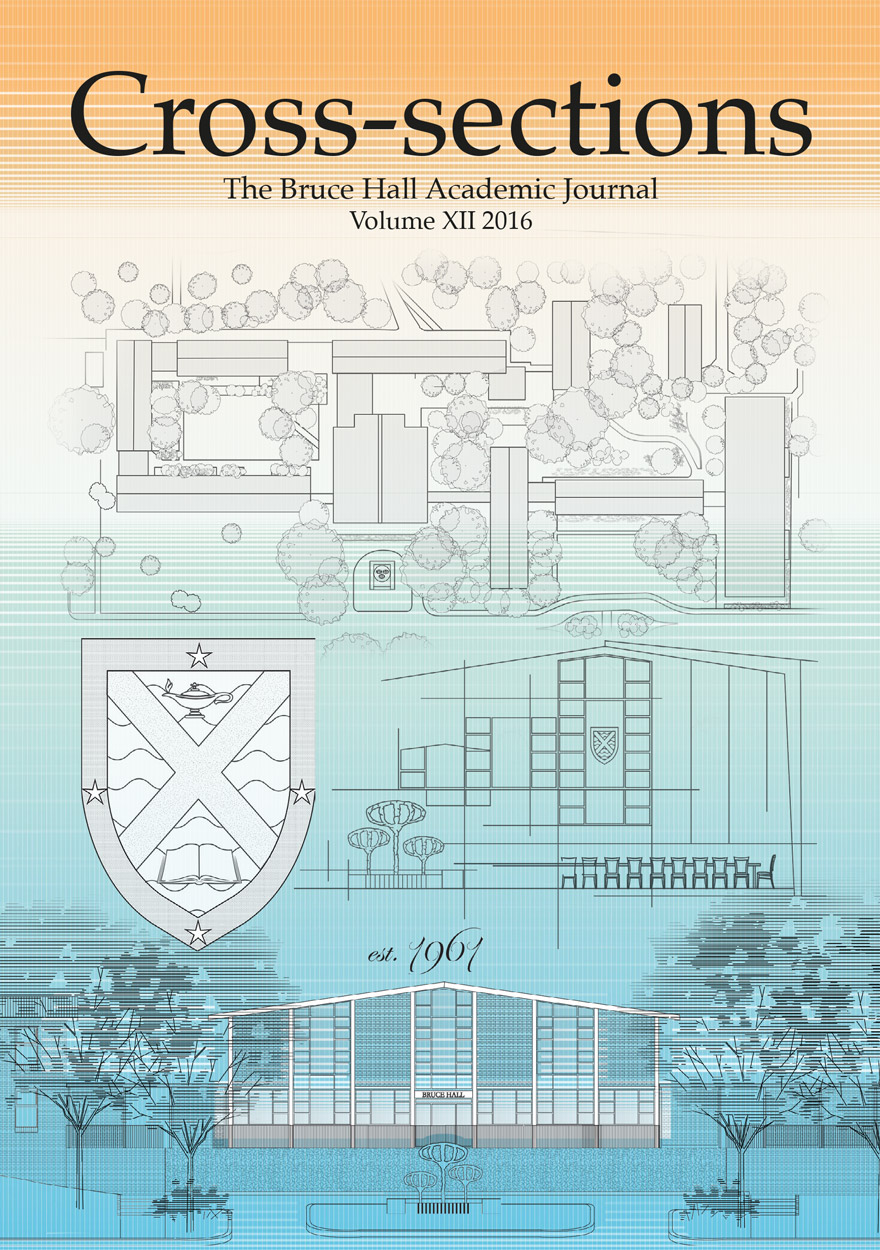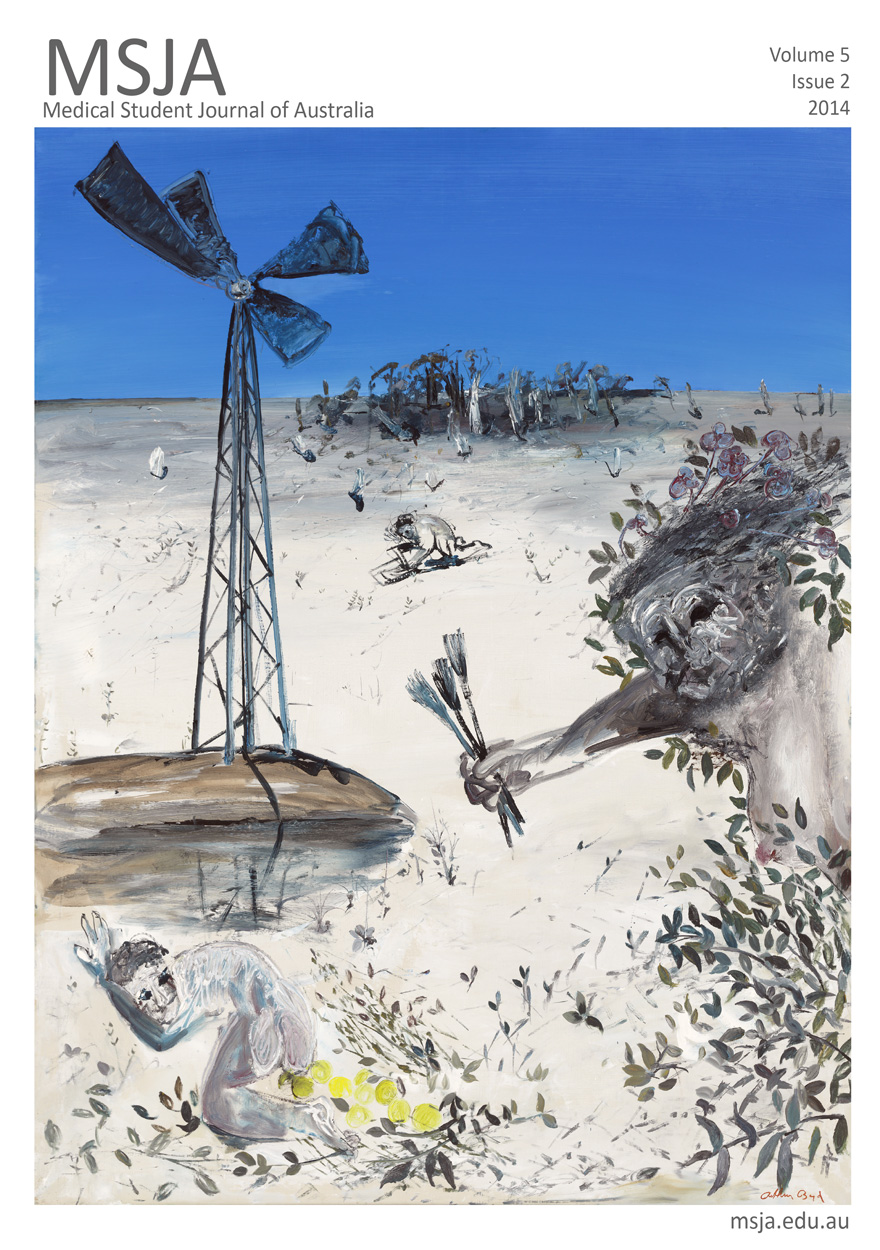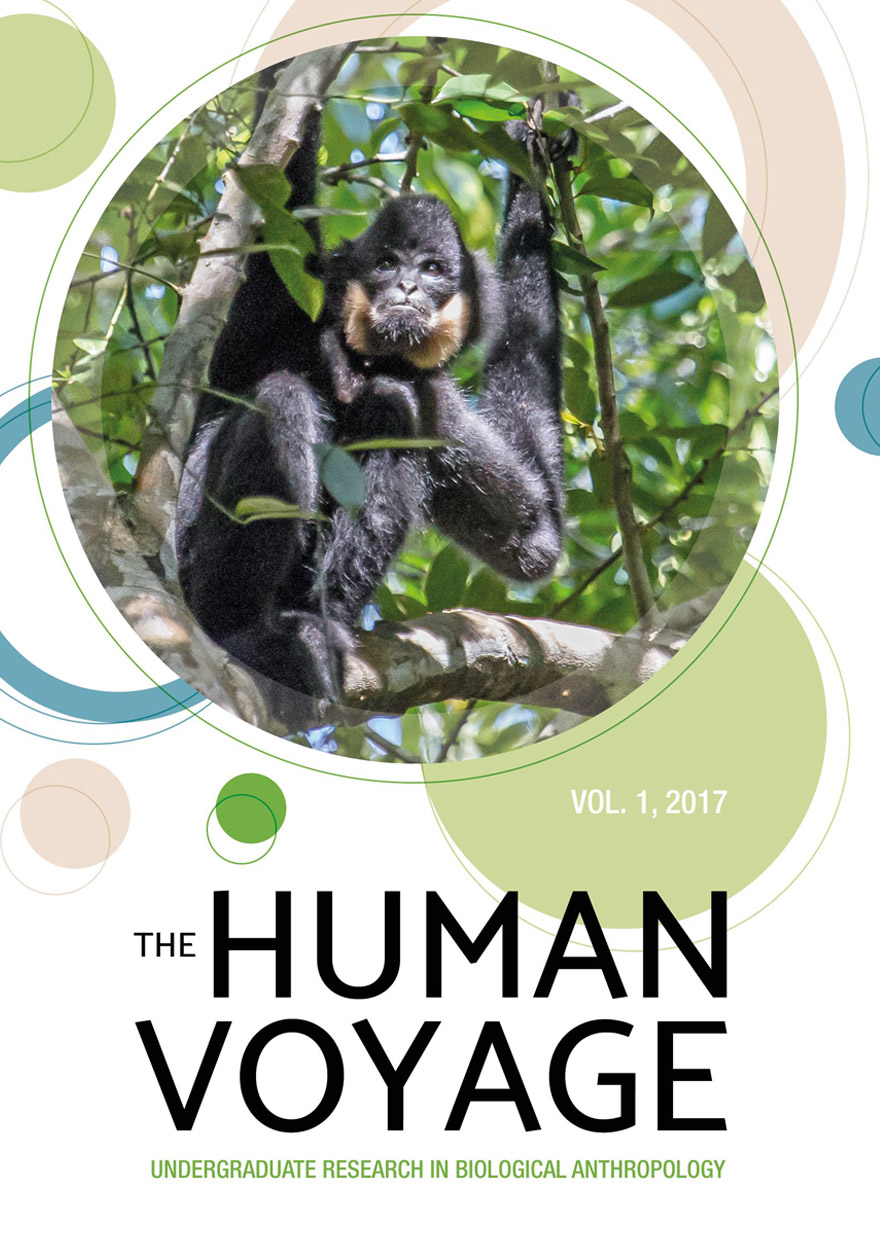Journals
Browse or search a variety of academic journals maintained by ANU Press, or find out more about the journal authors. Download the book for free or buy a print-on-demand copy.
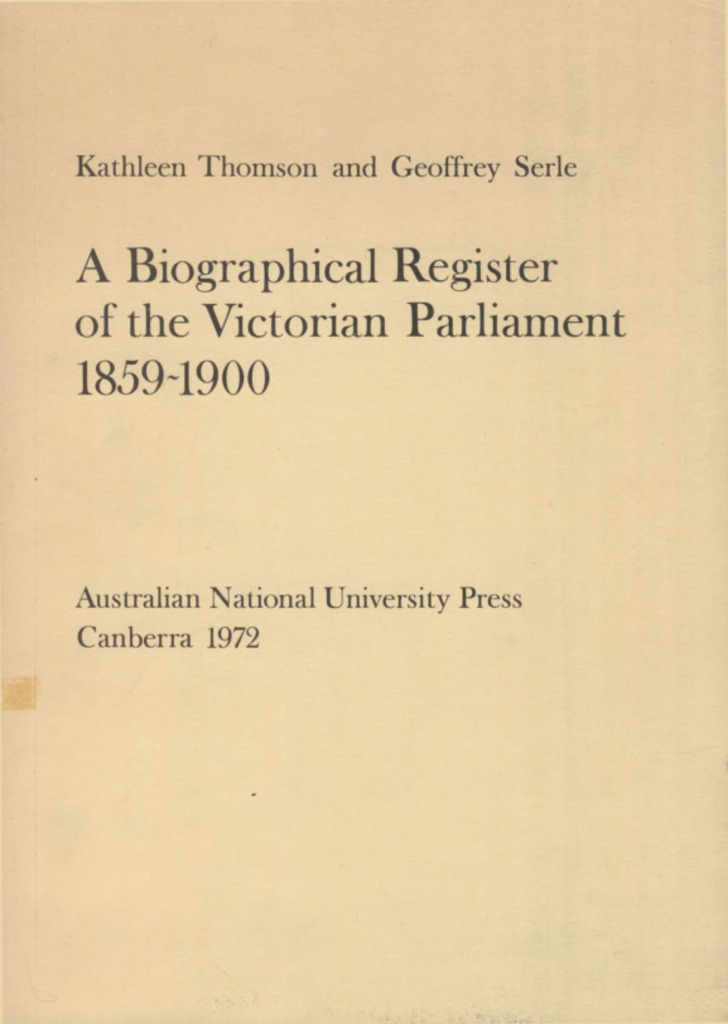
A biographical register of the Victorian Parliament »
Publication date: 1970
Published Press Archives http://press.anu.edu.au/node/3805 1885_114931.jpg ANU Press A biographical register of the Victorian Parliament Thursday, 1 January, 1970 Not available Archive Scholarly Information Services
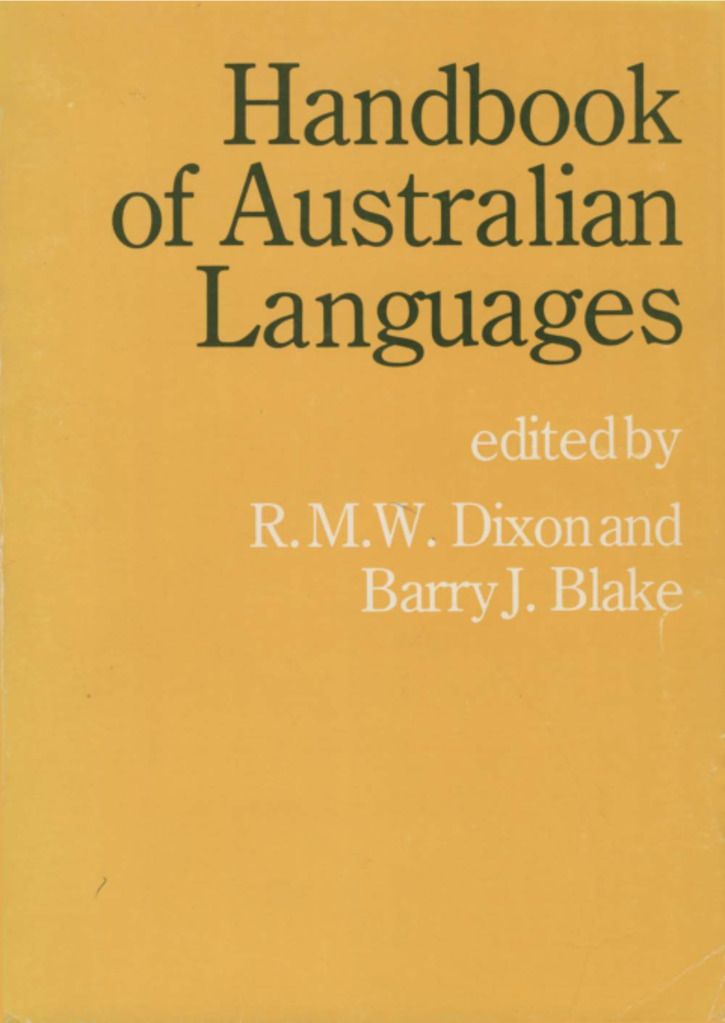
Handbook of Australian languages »
Publication date: 1970
Published Press Archives http://press.anu.edu.au/node/3835 1885_114846.jpg ANU Press Handbook of Australian languages Thursday, 1 January, 1970 Not available Archive Scholarly Information Services
Home »
Search Press catalogue New releases » Coming soon » China’s 40 Years of Reform and Development: 1978–2018 » What old and new challenges face this juggernaut economy, and what should we expect to come next? ANU Press 2018 catalogue » ANU Press has released its 2018 catalogue, which includes new
Co-publishers »
All titles Books Textbooks Journals Series Coming soon Co-publishers Authors & editors Press Archive ANU Press has collaborated with a range of different publishers. Browse the co-publishers list and the work they've produced with ANU Press. Aboriginal History Asia Pacific Press Australian
Vera Mackie »
Vera Mackie, FASSA, is Senior Professor of Asian Studies in the Faculty of Law, Humanities and the Arts at the University of Wollongong. Her publications include The Routledge handbook of sexuality studies in East Asia (co-edited with Mark McLelland; Routledge 2015); Ways of knowing about human rights in Asia (Routledge 2015); Gender, nation and state in modern Japan (co-edited with Andrea Germer and Ulrike Wöhr; Routledge 2014); Gurōbaruka to Jendā Hyōshō [Globalisation and representations of gender] (Ochanomizu Shobō 2003); Feminism in modern Japan: Citizenship, embodiment and sexuality (Cambridge 2003); and Human rights and gender politics: Asia-Pacific perspectives (co‑edited with Anne-Marie Hilsdon, Martha Macintyre and Maila Stivens; Rutledge 2000).
Carol Johnson »
Carol Johnson is a Professor of Politics at the University of Adelaide and author of a number of influential works on Australian politics including Governing Change: From Keating to Howard (2007) and The Labor Legacy: Curtin, Chifley, Whitlam, Hawke (1989). She is a Fellow of the Academy of Social Sciences in Australia and a former president of the Australian Political Studies Association.
Hsu-Ann Lee »
Hsu-Ann Lee holds a Bachelor of Laws/Bachelor of Arts (Spanish Honours) from The Australian National University and is a research assistant for the Australia and New Zealand School of Government.
John Taylor »
John Taylor is Emeritus Professor at the Centre for Aboriginal Economic Policy Research at The Australian National University. He is a Fellow of the Academy of the Social Sciences in Australia and a Policy Associate of the Aboriginal Policy Research Consortium (International) based at the University of Western Ontario. He is a population geographer specialising in the demography of indigenous peoples.
Peter Drysdale »
Peter Drysdale is Emeritus Professor of Economics in the Crawford School of Public Policy at The Australian National University. He is widely acknowledged as the leading intellectual architect of APEC. He was founding head of the Australia-Japan Research Centre. He is recipient of the Asia Pacific Prize, the Weary Dunlop Award, the Japanese Order of the Rising Sun with Gold Rays and Neck Ribbon, the Australian Centenary Medal and he is a Member of the Order of Australia, and an Honorary Doctor of Letters, from the Australian National University. He is presently Head of East Asia Forum the East Asian Bureau of Economic Research and the South Asia Bureau of Economic Research. In 2011-12, he served on the Advisory and Cabinet Committee of the Australian Government’s White Paper on Australia’s in the Asian Century and is currently a member of the Strategic Advisory Board for implementation of the White Paper.
Harold Koch »
Harold Koch has been involved in research and teaching Aboriginal linguistics for 35 years. He has a special interest in issues of language change and the methods of reconstructing earlier states of language.
Luise Hercus »
Luise Hercus (née Schwarzschild) was born in Munich in 1926 and was educated in England from 1939. She was a Fellow of St Anne’s College, Oxford, having studied both Modern Languages and Oriental Studies. In 1962 she began working independently on salvage work in Aboriginal Languages, studying languages that were on the brink of extinction. She has continued this work ever since with help from the ARC and AIATSIS. She was Senior Lecturer and then Reader in Sanskrit at The Australian National University from 1969 to 1991. Since then she has been Visiting Fellow in the Department of Linguistics, School of Language Studies, ANU, writing up grammars, dictionaries and traditional texts, and continuing fieldwork mainly in the north of South Australia and adjacent areas of New South Wales and Queensland.
Frances Morphy »
Frances Morphy is a Fellow at the Centre for Aboriginal Economic Policy Research (CAEPR) at The Australian National University. Frances Morphy’s research interests include the anthropological demography of Australian Aboriginal populations, population structure and dynamics in remote Aboriginal Australia, and the representation of Aboriginal people in the national census. Frances Morphy is also interested in anthropology and linguistics of the Yolngu-speaking peoples of north east Arnhem Land, and social, cultural and economic aspects of the encapsulation of Aboriginal Australians within the Australian state, in particular the homelands movement, land rights and native title, the governance of Aboriginal community organisations, the impact of colonisation on Indigenous social systems and languages, and problems of cross-cultural ‘translation’.
Ron Duncan »
Ron Duncan is Professor Emeritus, Crawford School of Economics and Government, The Australian National University (ANU). During the period 2003 to 2007 he was Foundation Executive Director, Pacific Institute of Advanced Studies in Development and Governance, University of the South Pacific, Suva, Fiji. Prior to that he was Executive Director of the National Centre for Development Studies at ANU (9 years) and Director of the Asia Pacific School of Economics and Management at ANU (now the Crawford School) for 2 years.
Ron’s career has also spanned work with the New South Wales Department of Agriculture, the Australian Government’s Industries Assistance Commission, and the World Bank (14 years).
Ron is Editor of the Asian-Pacific Economic Literature journal published by Wiley-Blackwell.
Ron is an economist with special interests in agricultural, trade, and competition policies, management of natural resources, and economic development in developing countries. His primary developing country interests are China and Vietnam and countries of the South Pacific.
In 2003, Ron was awarded a Centenary Medal for Services to Australian Society through Economics; and in 2006 he was made a Distinguished Fellow of the Australian Agricultural and Resource Economics Society.
Bernadette Hince »
Bernadette Hince is a historian and dictionary writer who researches the language and history of the polar regions. Her association with Antarctica began 20 years ago. She is now writing a historical dictionary of Arctic English, which follows The Antarctic Dictionary, and is a visiting fellow at the Australian National Dictionary Centre in Canberra.
Arnan Wiesel »
Pianist Arnan Wiesel is a former head of keyboard at The Australian National University’s School of Music in Canberra. With Alice Giles he devised the Antarctica and Music celebration at the School of Music to commemorate the centenary of the Australasian Antarctic Expedition of 1911–14.
Rupert Summerson »
Rupert Summerson, an honorary research fellow in the Faculty of Architecture, Building and Planning at the University of Melbourne, is a scientist and musician who researches wilderness and aesthetic values in Antarctica. He has had a long association with Antarctica, spending three winters there.
Anna Kenny »
Anna Kenny is a consultant anthropologist who has been based in Alice Springs for 25 years and was an Australian Research Council postdoctoral fellow in the School of Archaeology and Anthropology at The Australian National University between 2012 and 2016. She has conducted field research with Indigenous people in the Northern Territory since 1991, as well as in Queensland and Western Australia, and has written many connection reports for native title claims that have supported successful native title determinations. She is the author of a book on Carl Strehlow’s ethnography, The Aranda’s Pepa: An Introduction to Carl Strehlow’s Masterpiece Die Aranda- und Loritja-Stämme in Zentral-Australien (1907–1920) and co-edited with Nic Peterson German Ethnography in Australia. Currently, she is working on several native title claims and a monograph on T.G.H. Strehlow’s anthropology called Shadows of a Father.
Bettina Arndt »
Bettina Arndt trained as a clinical psychologist before becoming well known as one of Australia’s first sex therapists. As editor of Forum magazine, she taught medical students, doctors and other professionals and worked in the media educating the public about this fascinating subject.
She then moved on to writing about broader social issues, working as a columnist and feature writer for leading newspapers and magazines. As a respected social commentator she was invited onto government advisory committees covering issues from family law to childcare and ageing.
In 2010 she published the best-selling book, The Sex Diaries, based on research involving couples keeping diaries showing how they negotiate their sex supply. The sequel – What Men Want – was published in late 2010. She is currently enjoying speaking about her new research to audiences across Australia and overseas.
Peter Drake »
Peter Drake graduated from the University of Melbourne in 1962. Heinz Arndt supervised his PhD studies at The Australian National University which were completed in 1966. In his career as an academic economist Peter became expert on monetary systems and financial development, working on Malaysia, Singapore, Indonesia and the Pacific island economies. His books include Financial Development in Malaya and Singapore (1969); Money, Finance and Development (1980); Currency, Credit and Commerce: Early Growth in Southeast Asia (2004). Peter was Professor of Economics, Deputy Vice-Chancellor and Principal of the University of New England, Armidale, before becoming the founding Vice-Chancellor of Australian Catholic University in 1991. In 2003 he was appointed a Member of The Order of Australia in recognition of his contributions to university leadership, the study of economics and the delivery of overseas aid.
Howard Morphy »
Howard Morphy is Professor of Anthropology and Director of the Research School of Humanities at The Australian National University.
Prior to returning to ANU in 1997, he held the chair in Anthropology at University College London. Before that he spent ten years as a curator at the Pitt Rivers Museum, Oxford. He is an anthropologist of art and visual anthropologist.
He has written extensively on Australian Aboriginal art with a monograph of Yolngu Art, Ancestral Connections (Chicago 1991), Aboriginal Art (Phaidon, 1998) and most recently Becoming Art: Exploring Cross-Cultural Categories (Berg, 2007). He has also produced a pioneering multimedia biography The Art of Narritjin Maymuru with Pip Deveson and Katie Hayne (ANU Press 2005). He has conducted extensive fieldwork with the Yolngu people of Northern Australia, and collaborated on many films with Ian Dunlop of Film Australia and has curated many exhibitions including Yingapungapu at the National Museum of Australia. With Frances Morphy he helped prepare the Blue Mud Bay Native Title Claim which as a result of the 2008 High Court judgement recognised Indigenous ownership of the waters over the intertidal zone under the Land Rights (Northern Territory) Act.
His involvement in e-research and in the development of museum exhibitions reflects his determination to make humanities research as accessible as possible to wider publics and to close the distance between the research process and research outcomes.
David W. Lovell »
David Lovell is a Professor of Politics and Head of the School of Humanities and Social Sciences, at the University of New South Wales at ADFA. During 2004 he was Acting Rector of UNSW@ADFA, and in 2008 he was Deputy Rector. He gained his doctorate in the field of the History of Ideas, and his major research interests are in the problems of democratisation. In 1992 he was the Australian Parliamentary Political Science Fellow, and in 1993 was Visiting Professor at the Russian Diplomatic Academy in Moscow. He is on the Advisory Board of the International Society for the Study of European Ideas, and is co-editor of its journal, The European Legacy. He is also a member of the Australian Committee of the Council for Security Cooperation in the Asia-Pacific (CSCAP). He initiated the University’s links with the Shanghai Institute for International Studies in 2001, and has forged university links with Manipal University, India, and Airlangga University, Indonesia. During 2005 he was a Visiting Fellow at ANU National Europe Centre and the Asia-Pacific College of Diplomacy, and concurrently held a visiting professorship at the European Information Centre in Berlin. In 2005 he was invited to the EU’s ‘A Soul for Europe’ initiative in Budapest, and in 2006 he spoke at the Beijing Forum on harmony and governance. He has written or edited more than a dozen books on topics including Australian politics, communist and post-communist systems, and the history of ideas. His most recent publications include: The Transition: Evaluating the postcommunist experience (edited, 2002); Asia-Pacific Security: Policy Challenges (edited, 2003; second edn 2004); Freedom and Equality in Marx’s Utopia (edited, special issue of The European Legacy, 2004); Our Unswerving Loyalty: A documentary survey of relations between the Communist Party of Australia and Moscow, 1920-1940 (with K. Windle, edited, 2008); and Protecting Civilians during Violent Conflict: Theoretical and practical issues for the 21st Century (with I. Primoratz, edited, forthcoming 2011).
John Gillespie »
John Gillespie is a Professor in Law and the Director of the Asia-Pacific Business Regulation Group at Monash University. His research interests include Asian comparative law, law and development theory and ethnographic research. His current work concerns land dispute mediation in Cambodia and Vietnam. He has also consulted for a wide range of international donors such as the World Bank, UNDP, IFC, Danida and Asia Foundation on legal development projects in East Asia. Recent book publications include (with Fu Hualing eds) Resolving Land Disputes in East Asia: Exploring the Limits of Law, 2014; (with Michael Dowdle and Imelda Maher eds.,) Asian Capitalism and the Regulation of Competition: Towards a Regulatory Geography of Global Competition Law ‘Competition, Regulation and Capitalism Lessons from Asia’ (2013); and (with Pip Nicholson eds.,) Law and Development and the Global Discourses of Legal Transfers (2012).
Wee Ho Lim »
Born in Sarawak, Wee Ho Lim holds a first class honours degree in Engineering from the Nanyang Technological University and is currently undertaking a PhD degree at The Australian National University in Ecohydrology and Environmental Physics.
Michael L. Roderick »
Michael Roderick was born in Queensland and holds a B.App.Sc (Surveying) from the Queensland University of Technology, a post-graduate diploma in Geographic Information Systems from the University of Queensland and a PhD in Remote Sensing from Curtin University of Technology. He has been a researcher at The Australian National University since 1996. His research speciality is water, on topics ranging from plant cells to catchment hydrology to the global water cycle.
Gary Waters »
Gary Waters retired from the Royal Australian Air Force (RAAF) as an Air Commodore in 2002, worked as a senior public servant in Defence for four years, and has worked with Jacobs Australia as Head of Strategy for the past five years.
Between 1985 and 1997, Gary completed his staff college training in the UK, taught at the RAAF Staff College, was a visiting fellow to The Australian National University, ran the Air Power Studies Centre, and served as Director of Capability Planning in the Australian Defence Headquarters.
From 1998 to 2005, Gary served as Head of the Australian Defence Staff (London), as Head of the Theatre Headquarters Project, and finally as Director General Operation Safe Base. As a public servant he was the inaugural Assistant Secretary Knowledge Planning in Defence, and then moved to be Assistant Secretary Information Strategy and Futures within the Office of the Chief Information Officer.
Since 2005 Gary has been Head of Strategy for Jacobs, in which capacity he also consults in the principal areas of strategy, capability development, cyber security, risk management, preparedness and logistics.
He has written thirteen books on doctrine, strategy, cyber security, and military history. His latest two books are ‘Australia and Cyber Warfare’ (with Professor Des Ball and Ian Dudgeon, 2008), and ‘Optimising Australia’s Response to the Cyber Challenge’ (with Air Vice-Marshal John Blackburn, 2011).
He is a Fellow of the Royal Melbourne Institute of Technology (graduating with majors in accounting and economics); a CPA; a graduate of the UK’s Royal Air Force Staff College; a graduate of the University of New South Wales, with an MA (Hons) in history; a graduate of the Australian Institute of Company Directors; and a graduate of The Australian National University with a PhD in political science and international relations.
He has been a Fellow of the Australian Institute of Company Directors, a Vice President of the United Services Institute, and Inaugural Board Member and Treasurer of the Kokoda Foundation.
ANU Press Journals
Aboriginal History Journal »
Since 1977, the journal Aboriginal History has pioneered interdisciplinary historical studies of Australian Aboriginal people’s and Torres Strait Islander’s interactions with non-Indigenous peoples. It has promoted publication of Indigenous oral traditions, biographies, languages, archival and bibliographic guides, previously unpublished manuscript accounts, critiques of current events, and research and reviews in the fields of anthropology, archaeology, sociology, linguistics, demography, law, geography and cultural, political and economic history.
Aboriginal History Inc. is a publishing organisation based in the Australian Centre for Indigenous History, Research School of Social Sciences, The Australian National University, Canberra.
For more information on Aboriginal History Inc. please visit aboriginalhistory.org.au.
Submission details
Please send article submissions to aboriginal.history@anu.edu.au.
Articles of about 7,000 words in length (including footnotes and references) are preferred, but submissions up to 9,000 words will be considered. Please submit an electronic version of the paper (text only without embedded images or scans) in Microsoft Word or RTF format, along with a short abstract and author biography as a separate document.
ANU Historical Journal II »
The ANU Historical Journal II (ANUHJ II) is an open-access, peer-reviewed academic history journal of the ANU College of Arts and Social Sciences and the ANU College of Asia and the Pacific. It is a revival of the ANU Historical Journal, which was published between 1964 and 1987. Contributors to the first journal included academics such as Ken Inglis, Manning Clark, John Ritchie and Oliver MacDonagh along with then-emerging scholars Iain McCalman, Michael McKernan, Margaret George, Coral Bell, John Iremonger, Alastair Davidson, Susan Magarey and Rosemary Auchmuty. As well as upholding the Journal’s commitment to the work of students and early career researchers, the ANUHJ II has expanded its focus to include memoirs, short articles and long-form book reviews.
The ANUHJ II invites submissions from students, graduates and academics of any Australian university.
For more information about the ANUHJ II, please visit anuhj.com.au
Australian Journal of Biography and History »
The Australian Journal of Biography and History is an initiative of the National Centre of Biography (NCB) in the Research School of Social Sciences at The Australian National University. The NCB was established in 2008 to extend the work of the Australian Dictionary of Biography and to serve as a focus for the study of life writing in Australia, supporting innovative research and writing to the highest standards in the field, nationally and internationally. The Australian Journal of Biography and History seeks to promote the study of biography in Australia. Articles that appear in the journal are lively, engaging and provocative, and are intended to appeal to the current popular and scholarly interest in biography, memoir and autobiography. They recount interesting and telling life stories and engage critically with issues and problems in historiography and life writing.
The journal publishes peer-reviewed articles on Australian historical biography, including biographical studies, studies relating to theory and methodology, and the associated genres of autobiography, life writing, memoir, collective biography and prosopography. We are especially interested in articles that explore the way in which biography and its associated genres can illuminate themes in Australian history, including women in Australian society, family history, transnational networks and mobilities, and Indigenous history.
Submission Details
Please send article submissions or abstracts to the Editor, Dr Malcolm Allbrook, National Centre of Biography, The Australian National University. Email: Malcolm.Allbrook@anu.edu.au. Articles should be in the range of 5,000 to 8,000 words (excluding footnotes), although longer submissions may be considered after consultation with the Editor. Style and referencing: please use footnotes in Chicago style, and follow British spelling.
East Asia Forum Quarterly »
East Asia Forum Quarterly grew out of East Asia Forum (EAF) online, which has developed a reputation for providing a platform for the best in Asian analysis, research and policy comment on the Asia Pacific region in world affairs. EAFQ aims to provide a further window onto research in the leading research institutes in Asia and to provide expert comment on current developments within the region. The East Asia Forum Quarterly, like East Asia Forum online, is an initiative of the East Asia Forum (EAF) and its host organisation, the East Asian Bureau of Economic Research (EABER) in the Crawford School of Public Policy in the ANU College of Asia & the Pacific at The Australian National University.
Submission details
Unsolicited submissions to EAF are welcome. An analytic op-ed piece that is accessible to a general audience and written in crisp language is required. The preferred length of submissions is around 800 words. Submissions will be double-blind reviewed and, if accepted for publication, edited for English fluency and house style before returned for clearance by the author. EAFQ does not use footnotes but would be extremely appreciative if hyperlinks to internet sources are included wherever possible. EAFQ reserves the right to determine the title for any piece, but will not publish a piece or a title without permission. A suggested title is appreciated. If you have any further queries, or would like to submit, please contact shiro.armstrong@anu.edu.au.
Human Ecology Review »
Human Ecology Review is a semi-annual journal that publishes peer-reviewed interdisciplinary research on all aspects of human–environment interactions (Research in Human Ecology). The journal also publishes essays, discussion papers, dialogue, and commentary on special topics relevant to human ecology (Human Ecology Forum), book reviews (Contemporary Human Ecology), and letters, announcements, and other items of interest (Human Ecology Bulletin). Human Ecology Review also publishes an occasional paper series in the Philosophy of Human Ecology and Social–Environmental Sustainability.
Submission details
For information on preparing your manuscript for submission, please visit www.humanecologyreview.org. To submit a manuscript to Human Ecology Review, please visit mstracker.com/submit1.php?jc=her, or email humanecologyreviewjournal@gmail.com.
Humanities Research »
Humanities Research is a peer-reviewed, open access, annual journal that promotes outstanding innovative, interdisciplinary and multidisciplinary scholarship to advance critical knowledge about the human world and society.
The journal is co-published by the Humanities Research Centre, The Australian National University, Canberra. It was launched in 1997 and went into hiatus in 2013. In 2022, the journal is resuming publication, reflecting the continuing strength of the humanities at The Australian National University, the rapid development of the interdisciplinary, environmental and public humanities over the last decade, and the opportunities for international collaboration reflected in the resumption of international travel in 2022.
Issues are thematic with guest editors and address important and timely topics across all branches of the humanities.
International Review of Environmental History »
International Review of Environmental History takes an interdisciplinary and global approach to environmental history. It encourages scholars to think big and to tackle the challenges of writing environmental histories across different methodologies, nations, and time-scales. The journal embraces interdisciplinary, comparative and transnational methods, while still recognising the importance of locality in understanding these global processes.
The journal’s goal is to be read across disciplines, not just within history. It publishes on all thematic and geographic topics of environmental history, but especially encourage articles with perspectives focused on or developed from the southern hemisphere and the ‘global south’.
Submission details
Please send article submissions or abstracts to the Editor, Associate Professor James Beattie, Science in Society, Victoria University of Wellington, PO Box 600, Wellington 6142, New Zealand. Email: james.beattie@vuw.ac.nz.
Abstracts should be no more than 200 words, and include a list of keywords. Articles should be in the range 5,000 to 8,000 words (including footnotes), although longer submissions may be considered after consultation with the editor. Style and referencing: please use footnotes in Chicago Style, follow British spelling, and use single quotation marks only. Find out more details about Chicago Style.
Lilith: A Feminist History Journal »
Lilith: A Feminist History Journal is an annual journal that publishes articles, essays and reviews in all areas of feminist and gender history (not limited to any particular region or time period). In addition to publishing research articles on diverse aspects of gender history, Lilith is also interested in publishing feminist historiographical and methodological essays (which may be shorter in length than typical research articles). Submissions from Australian and international early career researchers and postgraduate students are particularly encouraged.
The journal first began publication in Melbourne in 1984. It is the official journal of the Australian Women’s History Network, an organisation dedicated to promoting research and writing in all fields of women’s, feminist and gender history.
For more information about Lilith, please visit www.auswhn.org.au/lilith/.
Made in China Journal »
The Made in China Journal (MIC) is a publication focusing on labour, civil society and human rights in China. It is founded on the belief that spreading awareness of the complexities and nuances underpinning socioeconomic change in contemporary Chinese society is important, especially considering how in today’s globalised world Chinese labour issues have reverberations that go well beyond national borders. MIC rests on two pillars: the conviction that today, more than ever, it is necessary to bridge the gap between the scholarly community and the general public, and the related belief that open-access publishing is necessary to ethically reappropriate academic research from commercial publishers who restrict the free circulation of ideas.
Discontinued ANU Press Journals
Agenda - A Journal of Policy Analysis and Reform »
Please note: This journal ceased publishing in 2021.
Agenda is a refereed, ECONLIT-indexed and RePEc-listed journal of the College of Business and Economics, The Australian National University. Launched in 1994, Agenda provides a forum for debate on public policy, mainly (but not exclusively) in Australia and New Zealand. It deals largely with economic issues but gives space to social and legal policy and also to the moral and philosophical foundations and implications of policy.
Submission details
Authors are invited to submit articles, notes or book reviews, but are encouraged to discuss their ideas with the Editor beforehand. All manuscripts are subject to a refereeing process. Manuscripts and editorial correspondence should be emailed to: william.coleman@anu.edu.au.
Subscribe to the Agenda Alerting service if you wish to be advised on forthcoming or new issues.
Australian Humanities Review »
Please note: This journal ceased publishing with ANU Press in 2012. Current issues are available at australianhumanitiesreview.org.
Australian Humanities Review is a peer-reviewed interdisciplinary journal featuring articles, essays and reviews focusing on a wide array of topics related to literature, culture, history and politics.
craft + design enquiry »
Please note: This journal ceased publishing in 2015.
craft + design enquiry is an open-access, peer-reviewed journal promoting and disseminating research excellence generated by and about the craft and design sector. craft + design enquiry investigates the contribution that contemporary craft and design makes to society, establishing a dialogue between craft and design practice and cultural, social and environmental concerns. It includes submissions from across the field of craft and design from artists and practitioners, curators, historians, art and cultural theorists, educationalists, museum professionals, philosophers, scientists and others with a stake in the future developments of craft and design.
ANU Student Journals
ANU Undergraduate Research Journal »
Please note: This journal is now published via the ANU Student Journals platform; the latest issues can be found here: studentjournals.anu.edu.au/index.php/aurj
The ANU Undergraduate Research Journal presents outstanding essays taken from ANU undergraduate essay submissions. The breadth and depth of the articles chosen for publication by the editorial team and reviewed by leading ANU academics demonstrates the quality and research potential of the undergraduate talent being nurtured at ANU across a diverse range of fields.
Established in 2008, AURJ was designed to give students a unique opportunity to publish their undergraduate work; it is a peer-reviewed journal managed by a team of postgraduate student editors, with guidance from the staff of the Office of the Dean of Students.
Burgmann Journal - Research Debate Opinion »
Please note: This journal is now published via the ANU Student Journals platform; the latest issues can be found here: studentjournals.anu.edu.au/index.php/burgmann
Burgmann Journal is an interdisciplinary, peer-reviewed publication of collected works of research, debate and opinion from residents and alumni of Burgmann College designed to engage and stimulate the wider community.
Cross-sections, The Bruce Hall Academic Journal »
Please note: This journal is now published via the ANU Student Journals platform; the latest issues can be found here: studentjournals.anu.edu.au/index.php/cs
Representing the combined energies of a large group of authors, editors, artists and researchers associated with Bruce Hall at the ANU, Cross-sections collects a range of works (from academic articles and essays to photography, digital art and installation artwork) that represents the disciplinary breadth and artistic vitality of the ANU.
Presenting a challenging and absorbing way for students to hone vital research skills, in the process, Cross-sections nurtures a fruitful environment of collaborative interaction between academics and students.
Medical Student Journal of Australia »
Please note: This journal ceased publishing in 2015.
The Medical Student Journal of Australia provides the medical school of The Australian National University with a platform for medical students to publish their work in a peer-reviewed journal, communicating the results of medical and health research information clearly, accurately and with appropriate discussion of any limitations or potential bias.
Merici - Ursula Hall Academic Journal »
Please note: This journal is currently not publishing any new issues.
Merici is the combined works of undergraduate authors at Ursula Hall. Merici contains research and analysis from a range of disciplines and is thoroughly reviewed by ANU academics to ensure the showcasing of the best Ursula Hall has to offer.
The Human Voyage: Undergraduate Research in Biological Anthropology »
Please note: This journal is now published via the ANU Student Journals platform; the latest issues can be found here: studentjournals.anu.edu.au/index.php/hv
The Human Voyage: Undergraduate Research in Biological Anthropology is a journal that publishes outstanding student articles in all areas of biological anthropology, including primatology, palaeoanthropology, bioarchaeology and human behavioural ecology.
While the primary goal of this journal is to publish work of the highest quality authored by undergraduate students, it will also educate students in regards to publishing in academia. All submissions will be peer-reviewed and edited by ANU academic staff.




